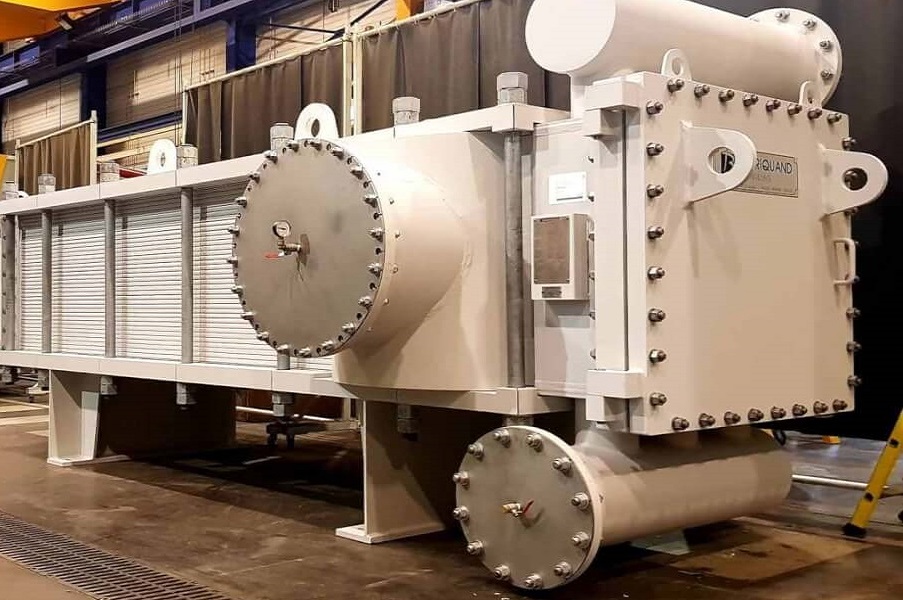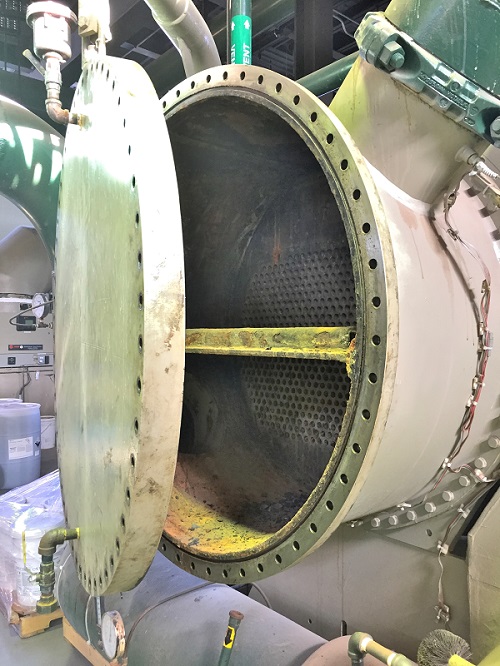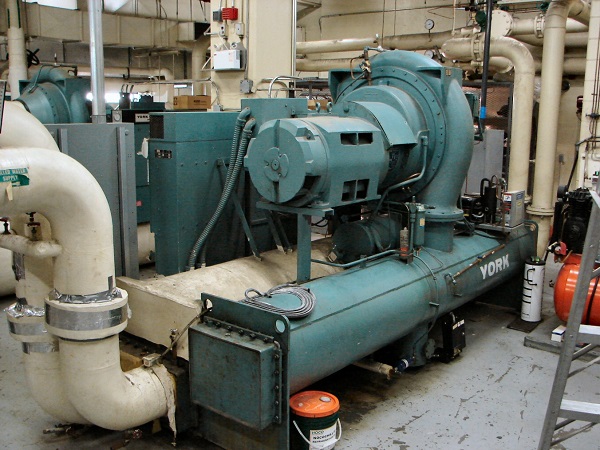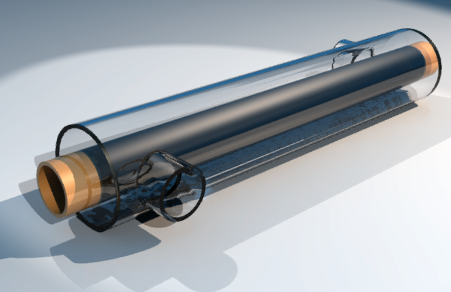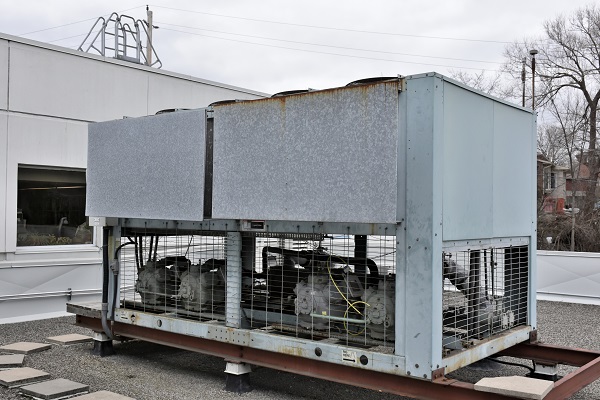In this article from Linquip, we want to talk about heat exchangers vs. chillers to compare these two in detail. These days, many heat regulation devices include both heat exchangers and chillers at the same time to control the temperature of the place. But you can still find separated setups as well.
These systems and their differences are the topics of this article. By the end of this article, you will know what heat exchangers and chillers are and you are also able to talk about the parameters that make these two devices different from each other. So, keep on reading to be able to decide which one is the right choice for your desired application.
Cooling Equipment Application
Different cooling equipment can be utilized for reaching the best ambient temperature in different applications such as industrial and commercial purposes. These systems are available with different designs, some more popular than others including heat exchangers and chiller cooling systems such as water-cooled chillers and air-cooled chillers. Since we want to go through the topic of heat exchanger vs. chiller, you should know by now that these two are among heat regulation devices just like the ones we mentioned above.
Heat exchanger vs. chiller
The main difference that separates heat exchangers and chillers from each other is their design. Heat exchangers, as opposed to chiller systems, don’t have a refrigeration unit for cooling their circulating chiller fluid. Instead, they use direct fluid heat transfer to achieve the desired temperature regulation. Let’s review the main points about chillers and heat exchangers here to be able to understand their difference more accurately.
Heat Exchanger Efficiency: Tips for Having an Efficient Heat Exchanging System
What is a Chiller and How it Works?
A chiller is a system used to remove heat from a process by using chilled water. This water is produced by compressing a vaporized liquid or using a refrigeration and absorption cycle.
Chillers have many different designs, each varies in either the process, the body, or the characteristics. To name few, you can find them in different models such as closed-loop and open-loop.
The underlying cooling system of the chillers, which is among the crucial parameters in comparing heat exchanger vs. chiller, includes vapor compression and heat absorption. The vapor compression chiller contains a setup that includes a compressor unit that converts a heated vaporized refrigerant into its liquid form that is cooled down, resulting in generating the expected cooling effect.
Absorption chillers contain refrigerants that are water-based and also include lithium bromide to serve as their absorbent. They utilize a coolant and channel it through a heated process. This cooling cycle is single-phase. Keep in mind that absorption chillers are cheaper than the aforementioned type and have low energy cooling units.
What is a Heat Exchanger and How does it Work?
Another system you should know about for heat exchanger vs. chiller comparison is the heat exchanger itself. Just like chillers, heat exchangers are also available in various designs in the market for different applications and operations. But what exactly are they?
Heat exchangers are used for transferring heat through different fluids with the help of a device. These can be coolants composed of air or a combination of liquids to eliminate the generated heat (the heat that has been produced in the process.) Heat exchangers bring both fluids close together (the one from the industrial process to the other medium) to transfer the heat from the first medium to the other one.
This process results in the absorption of the heat from the heated fluid with the help of the cooler medium (also known as the conductive thermal activity.) As mentioned above, they stay nearby but they won’t mix since a solid barrier prevents the two from mixing.
Three categories of heat exchangers are categorized based on the flow direction of the interacting fluids. These categories are parallel flow, counterflow, and crossflow. In parallel flow, the coolant fluid flows in the same direction as the heated process. This is while in the crossflow, the movement of the process fluids and the coolant are perpendicular to one another. Last but not least is the counter flow in which the coolant and the process fluids flow from the opposite ends of the system.
Heat Exchanger vs. Chiller: Parameters that Separate Them
Now that you know more about these two systems, let’s quickly review their most important differences in bullet points to fully understand which one suits your needs.
-
How they work
When talking about heat exchanger vs. chiller, as mentioned above, the design is among the main parameters. Chiller systems use refrigeration units to cool their own circulating chiller fluid. On the other hand, heat exchangers utilize direct fluid heat transfer for temperature regulation.
-
Cost
Normally, chillers are considered to be more expensive compared to heat exchangers. So, when the cost matters, you need to understand that a heat exchanger is more economical than a chiller in general.
-
Underlying Cooling System
The cooling system for chillers includes vapor compression and heat absorption. Heat exchangers utilize heat transfer to eliminate the heat.
All in all, it is up to you to choose the one that suits your needs better. But also keep in mind that many other choices in the market contain both of these devices together and you can easily utilize them,
That was all there is to know about heat exchangers vs. chillers. Now you can easily decide which one is the perfect fit for your application and which one works best for you. Which one would you choose? Comment below and share your thoughts with us! Have questions about this industry? Feel free to sign up on Linquip and our experts will help you find all the answers to everything you want to know.

